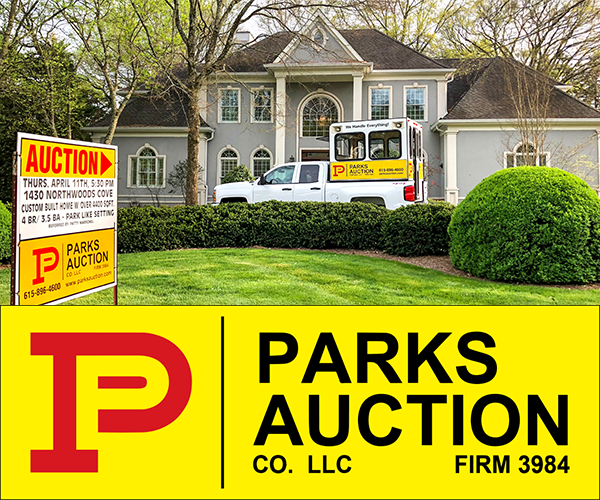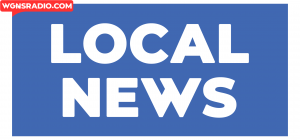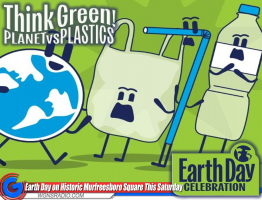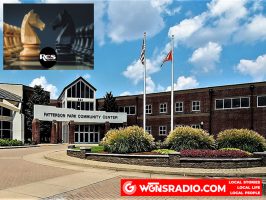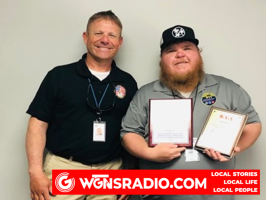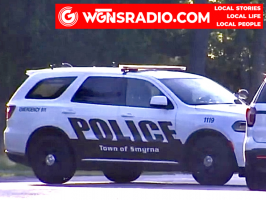The Human Rights Campaign (HRC), the nation's largest lesbian, gay, bisexual, and transgender (LGBT) civil rights organization, today released its third annual report assessing LGBT equality in 353 cities across the nation, including five in Tennessee.
The 2014 Municipal Equality Index (MEI), the only nationwide rating system of LGBT inclusion in municipal law and policy, shows that cities across the country, including in Tennessee, continue to take the lead in supporting LGBT people and workers, even when states and the federal government have not.
The average score for cities in Tennessee is 39 out of 100 points, which falls below the national average of 59. Chattanooga: 23, Clarksville: 14, Knoxville: 36, Memphis: 46, Nashville: 75. Murfreesboro was included in the metro statistical area of Nashville, which received the overall 75 rating.
"From Mississippi to Idaho, mid-size cities and small towns have become the single greatest engine of progress for LGBT equality--changing countless lives for the better," said HRC President Chad Griffin. "In just three years, the number of municipalities earning top marks for their treatment of LGBT citizens has more than tripled. Simply put, in this country there is an ongoing race to the top to treat all people, including LGBT people, fairly under the law, and it's time our state and federal laws caught up."
"In many municipalities, local leaders are taking important steps to provide LGBT people with the protections and security not available at the state or federal level. And because of this leadership, many cities and counties are emerging as welcoming communities where LGBT people are treated with the dignity and respect they've always deserved," said Rebecca Issacs, Executive Director of Equality Federation. "Municipal victories are fueling the movement for equality in states across this nation. The Municipal Equality Index is a terrific tool to help spur those victories along and celebrate the cities who have worked so hard to get us to this point."
"As Board Chair of OutCentral, Greater Nashville's LGBT Center, I am very proud to be a part of a diverse, active, and progressive city that is committed to our community and LGBT equality," said Robbie Maris, OutCentral Board Chair. "I cannot speak more highly of Mayor Karl Dean and his clear support; A recent evident example is Mayor Dean joining nearly 500 Mayors nationwide in support of marriage equality earlier this year. Being an activist for local LGBT resources, services, and community empowerment I believe there is much work to be done; however, Nashville is a growing and developing city which is on the brink of attaining more LGBT resources that will better local citizens, the city overall, and generations to come."
The Tennessee Transgender Political Coalition (TTPC) remains committed to working through local activists to make our local governments more accepting of diversity of all segments of the entire LGBT community. All of Tennessee's cities fell below the National average, and we even saw the voters in Chattanooga repeal a non discrimination ordinance, while the Shelby County Commission (Memphis) refused to expand their non discrimination ordinance. Many remain opposed to including protection of transgender members of their community, so TTPC will continue to make every effort to raise awareness of the importance of fully inclusive laws and policies at the local level to ensure that all people have the right to live and work win whatever community they choose across the State of Tennessee."
Key findings contained in the MEI, issued in partnership with the Equality Federation, provide a revealing snapshot of LGBT equality in 353 municipalities of varying sizes, and from every state in the nation. The cities researched for the 2014 MEI include the 50 state capitals, the 200 most populous cities in the country, the four largest cities in every state, the city home to each state's largest public university, and an equal mix of 75 of the nation's large, mid-size and small municipalities with the highest proportion of same-sex couples.
Other findings contained in the 2014 MEI:
- Cities in all regions of the country earned excellent scores, demonstrating that commitment to LGBT equality is not confined to parts of the country many people assume are most LGBT friendly;
- 38 cities received perfect scores, even with this year's more demanding criteria; that's up from 11 in 2012, and 25 in 2013;
- Cities continue to excel even without depending on state law: of cities that scored a perfect 100, 15 are in states that don't have comprehensive relationship recognition or a statewide non-discrimination law; that's up from eight cities last year, and just two in 2012
- 32 million people now live in cities that have more comprehensive, transgender inclusive non-discrimination laws than their state or the federal government;
- The average city score was 59 points, with half of the cities researched scoring over 61 points. Eleven percent scored 100 points; 25 percent scored over 80 points; 25 percent scored under 44 points; and four percent scored fewer than 10 points.
- Cities with a higher proportion of same-sex couples tended, not surprisingly, to score better, and the presence of openly-LGBT city officials and LGBT police liaisons also were correlated with higher scores.
The MEI rates cities based on 47 criteria falling under six broad categories:
- Non-discrimination laws
- Relationship recognition
- Municipality's employment policies, including transgender-inclusive insurance coverage, contracting non-discrimination requirements, and other policies relating to equal treatment of LGBT city employees
- Inclusiveness of city services
- Law enforcement
- Municipal leadership on matters of equality
Source:
The Human Rights Campaign, Liz Halloran





